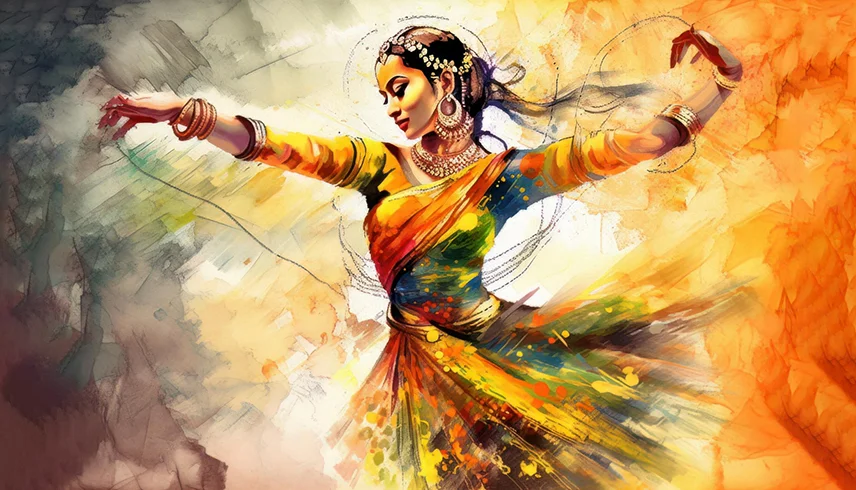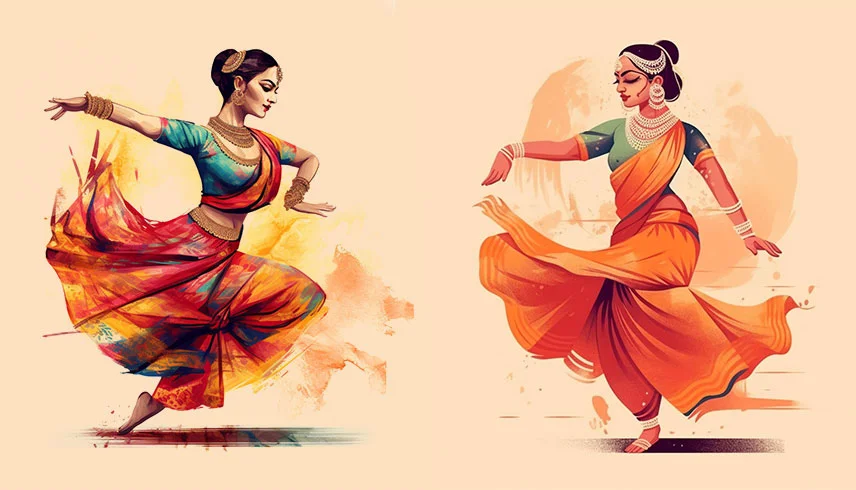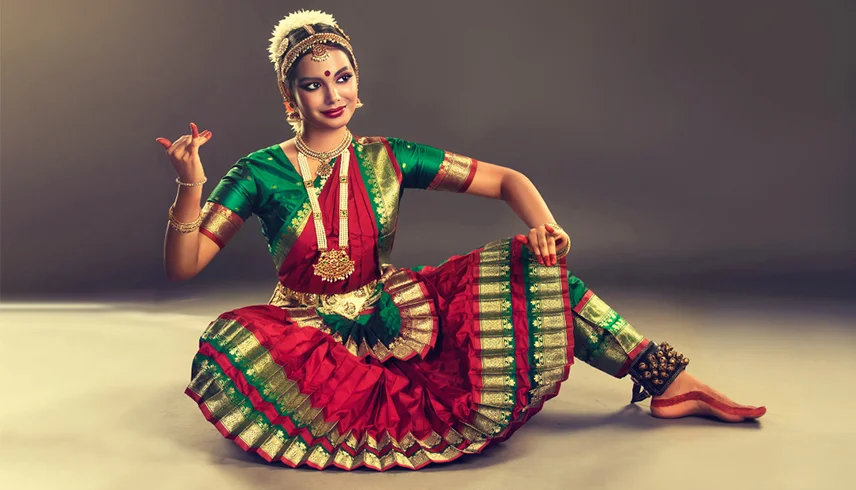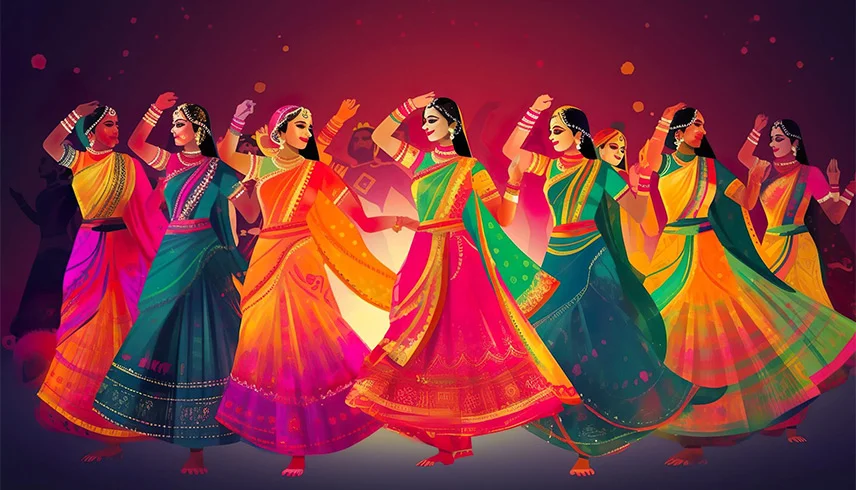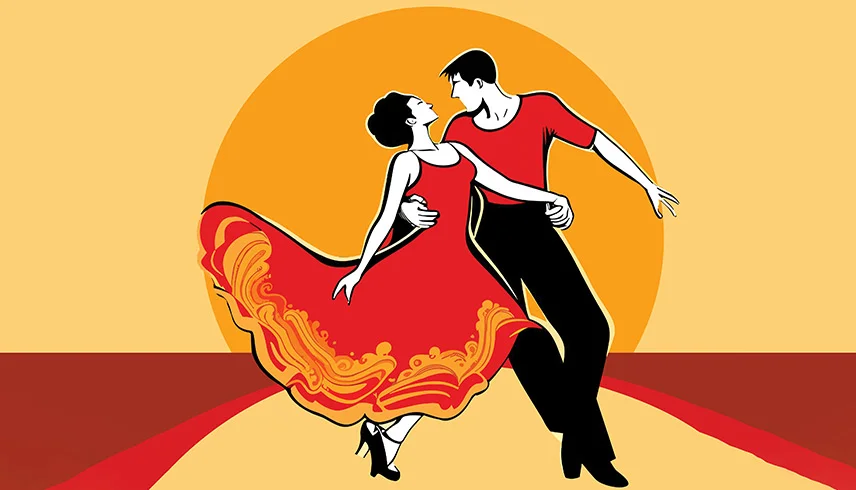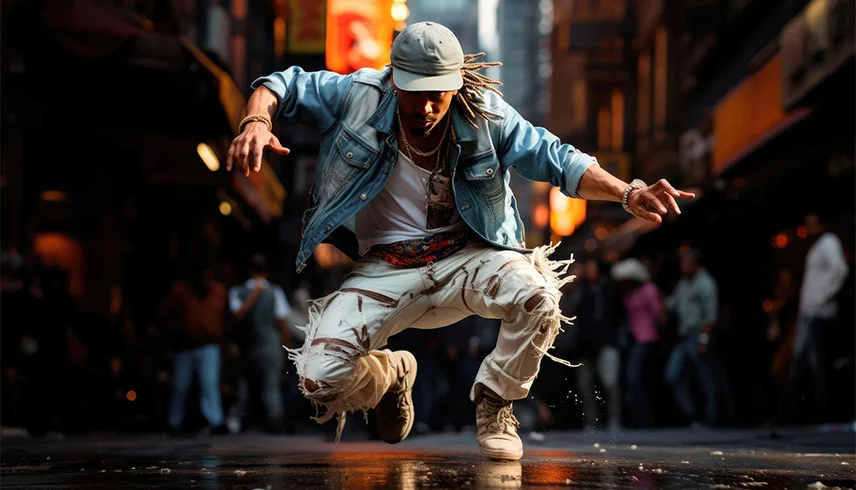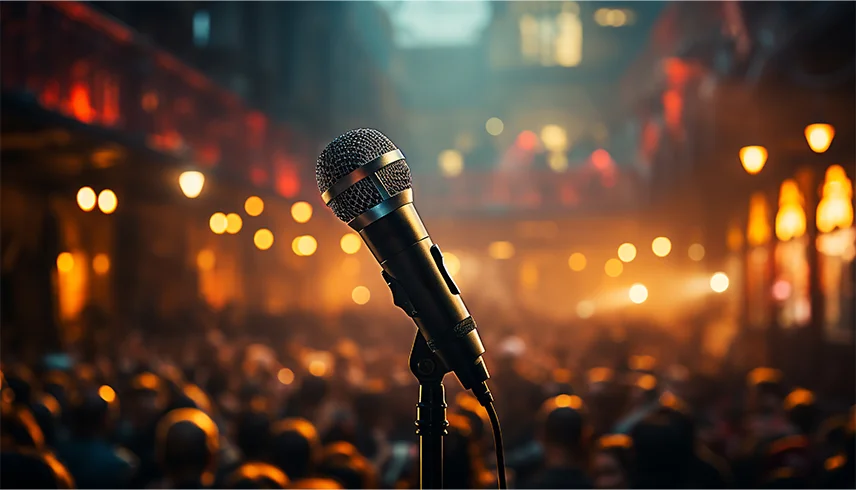
Indian classical music is one of the world's most ancient and complex musical styles, believed to have originated during the Vedic period. Indian classical music is highly regarded and was primarily used as a means of realizing God in ancient times, after which it was performed in temples. Around the seventeenth century, music became more free, adaptable, and accessible to ordinary people. Indian classical music is deeply rooted in Indian best singing classes in delhi | vocal lessons culture and tradition singing lessons in delhi, and each place has a significant impact on music.
There are two branches of conventional Indian classical music: Carnatic and Hindustani. Carnatic music is complicated and is mostly practiced in southern India, with distinct Raga and Tala shapes. Carnatic music consists mostly of 7 Ragas and 72 Talas, which are used in musical composition. Thyagaraja, Muthuswami Dikshitar, and Shyama Shashtri are the three holy people of Carnatic music, having produced thousands of Krithis that are still popular among performers today. More emphasis is placed on the vocalist in this kind of music, therefore preparation begins at a young age, and a well-trained ace is also essential for teaching Carnatic. These compositions are also taught in all Carnatic beginnner singing classes in Delhi to prepare students who must exceed expectations in this genre of music.
Hindustani music classical best singing classes in delhi | vocal lessons, unlike Carnatic music, is heavily influenced by Persian and Islamic societies and is more distinctive in North India. Hindustani music's lineage dates back to the Sufi period. The melodic design is included into the music through the excellent use of Ragas such as Aaroha and Avaroha. The three fundamental styles of vocal Hindustani classical music are Dhrupad, Khayal, and Tarana. Understudies at Gandharva Mahavidyalaya receive training in these musical forms.
Gandharva Mahavidyalaya is one of the famous singing schools in Delhi. Gandharva Mahavidyalaya, founded by Pt. V. Patwardhan, the most senior follower of Pt Vishnu Digambar Patwardhan who sought to impart music to the general people, aims to teach and advance Hindustani music as well as instrument music such as the Harmonium and Tabla.
Here, tremendous attention is used to bring out the best in an understudy so that they can perform Hindustani classical music lessons at a global level. The understudies also have the opportunity to perform and participate in well-known concerts, which are not available in any other singing classes in Delhi. With many years of experience and dedication, GMV is regarded as one of the best singing classes in delhi | vocal lessons. GMV also incorporates Sugam Sangeet into its various music courses, which include Bhavgeet, Natyageet, and more. There are music courses conducted for children over the age of five, known as Balgeet.

